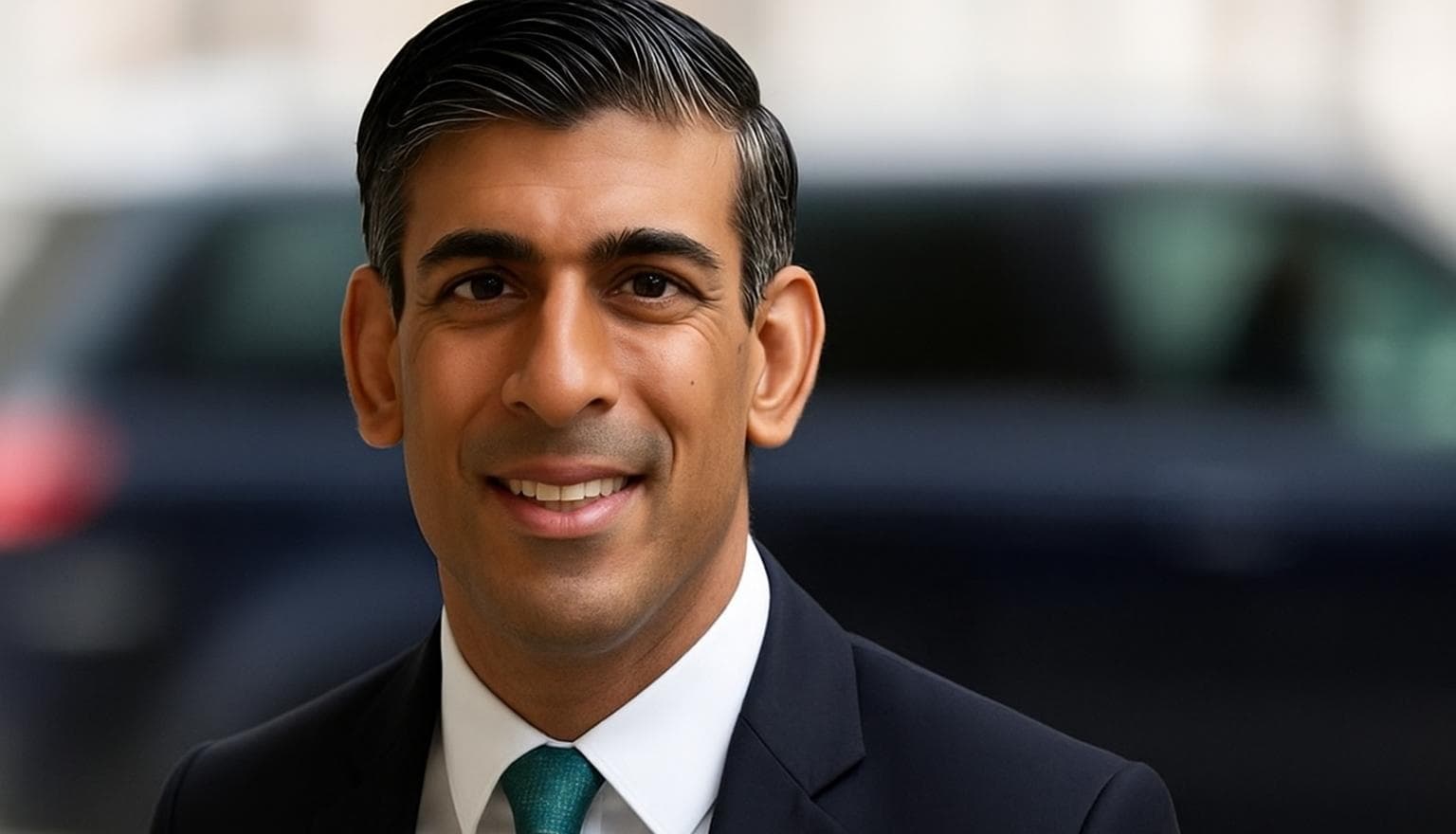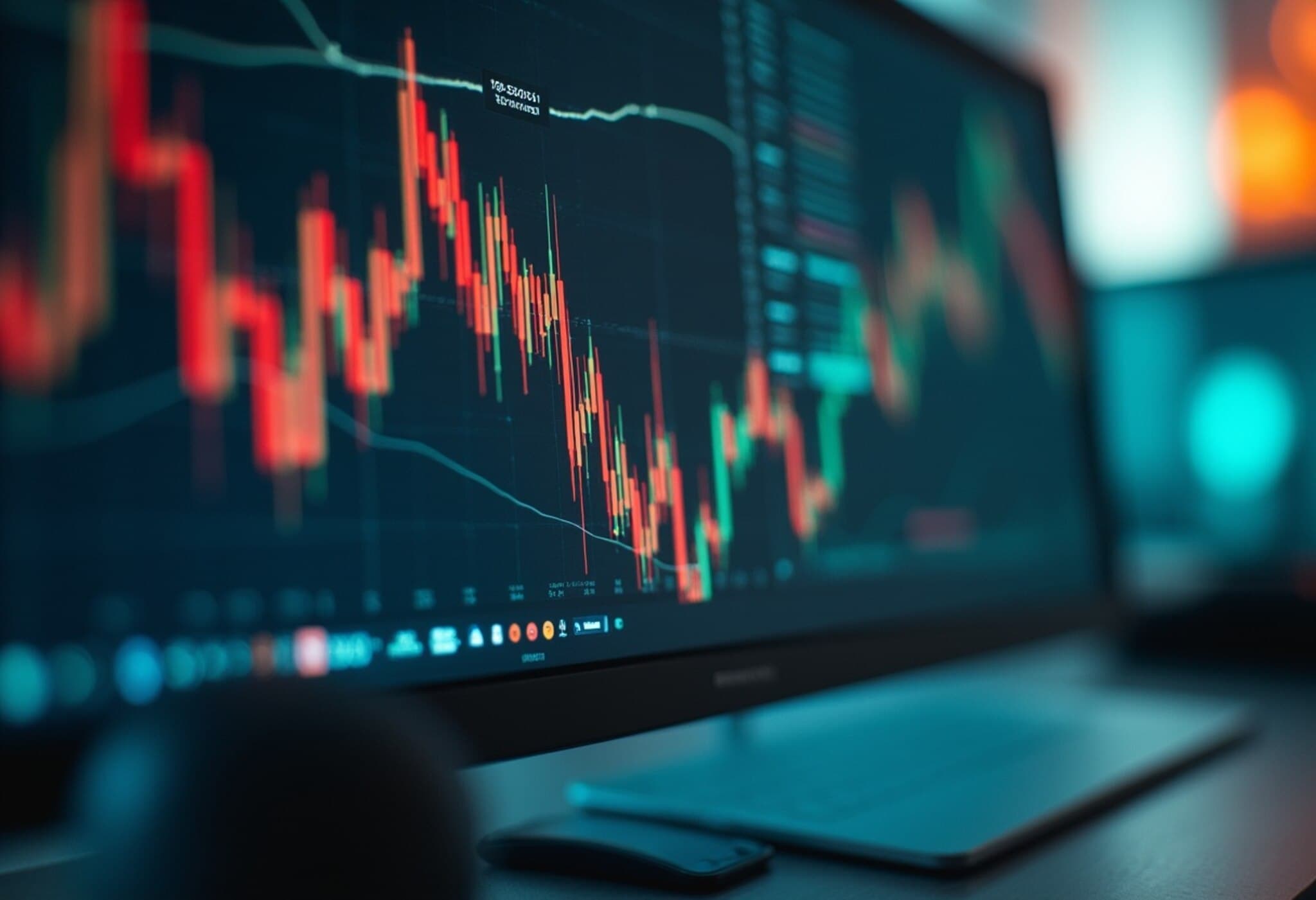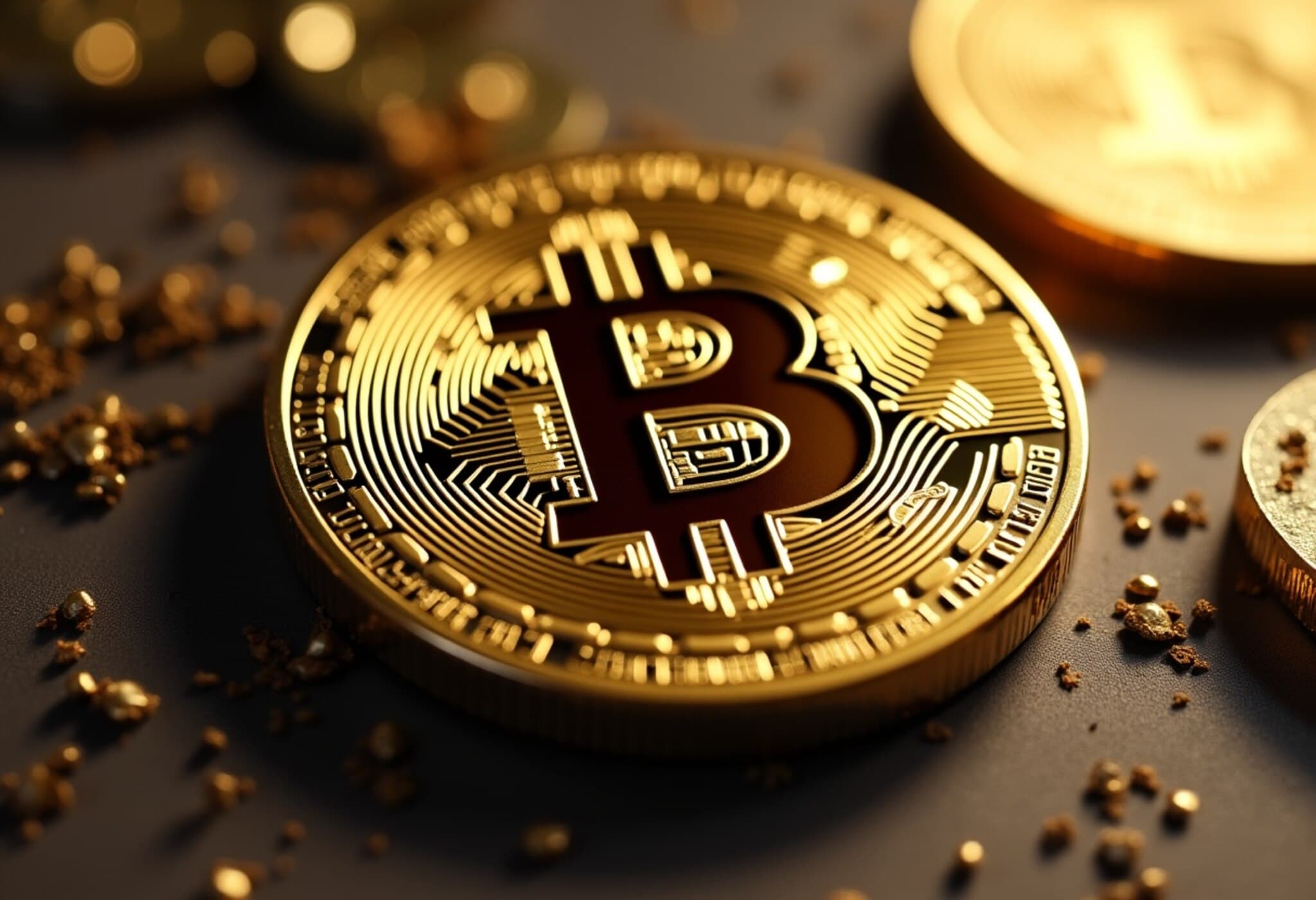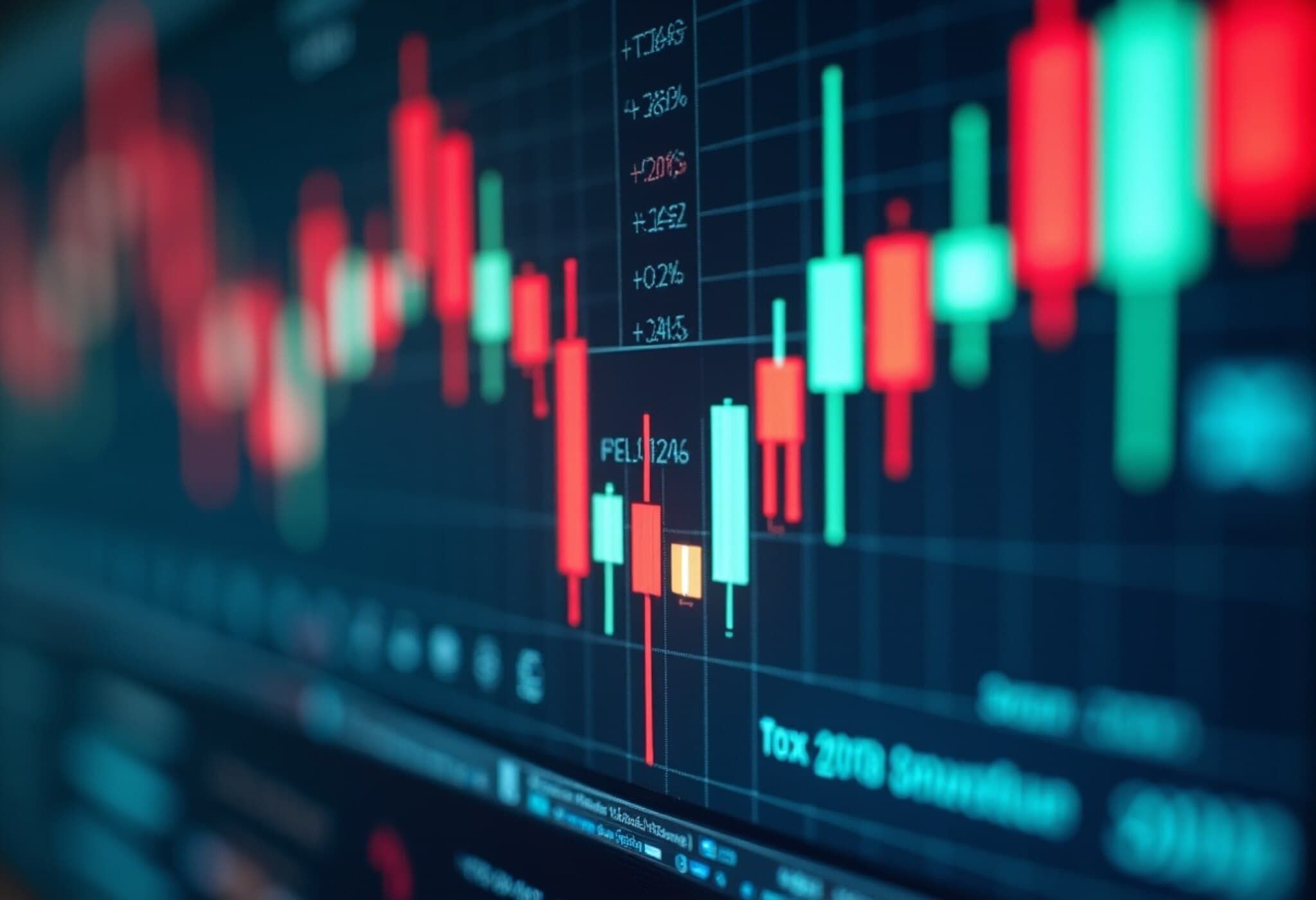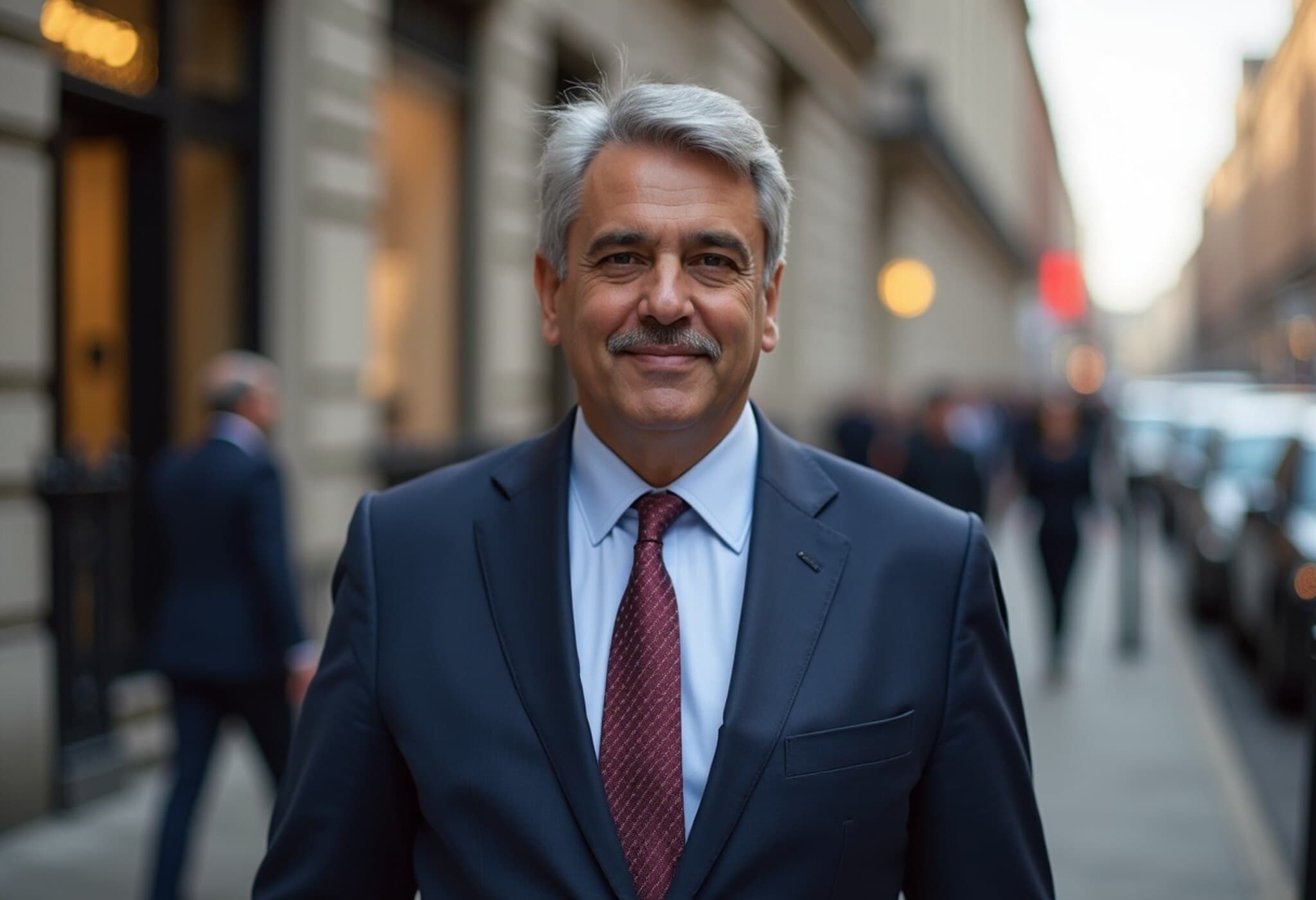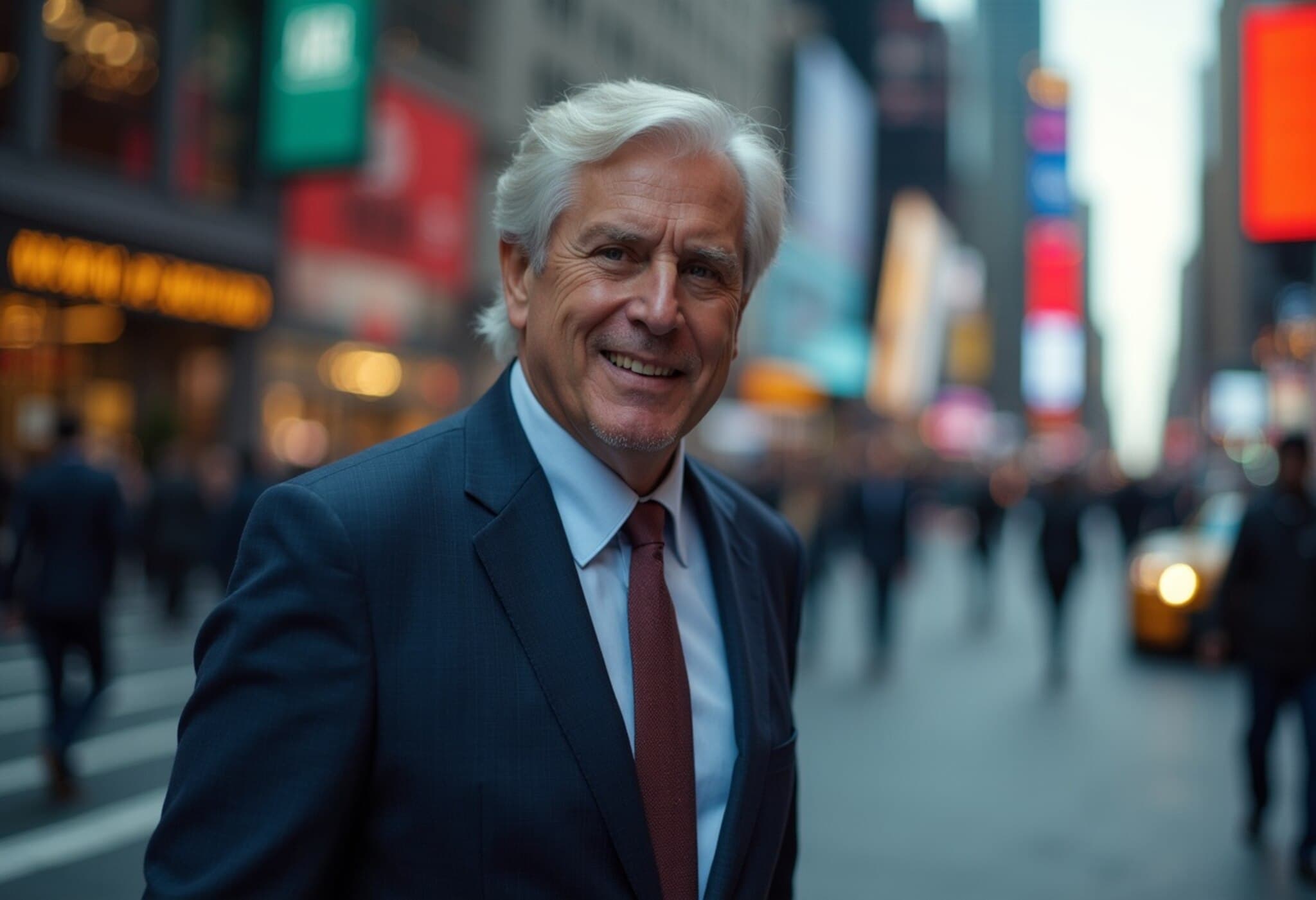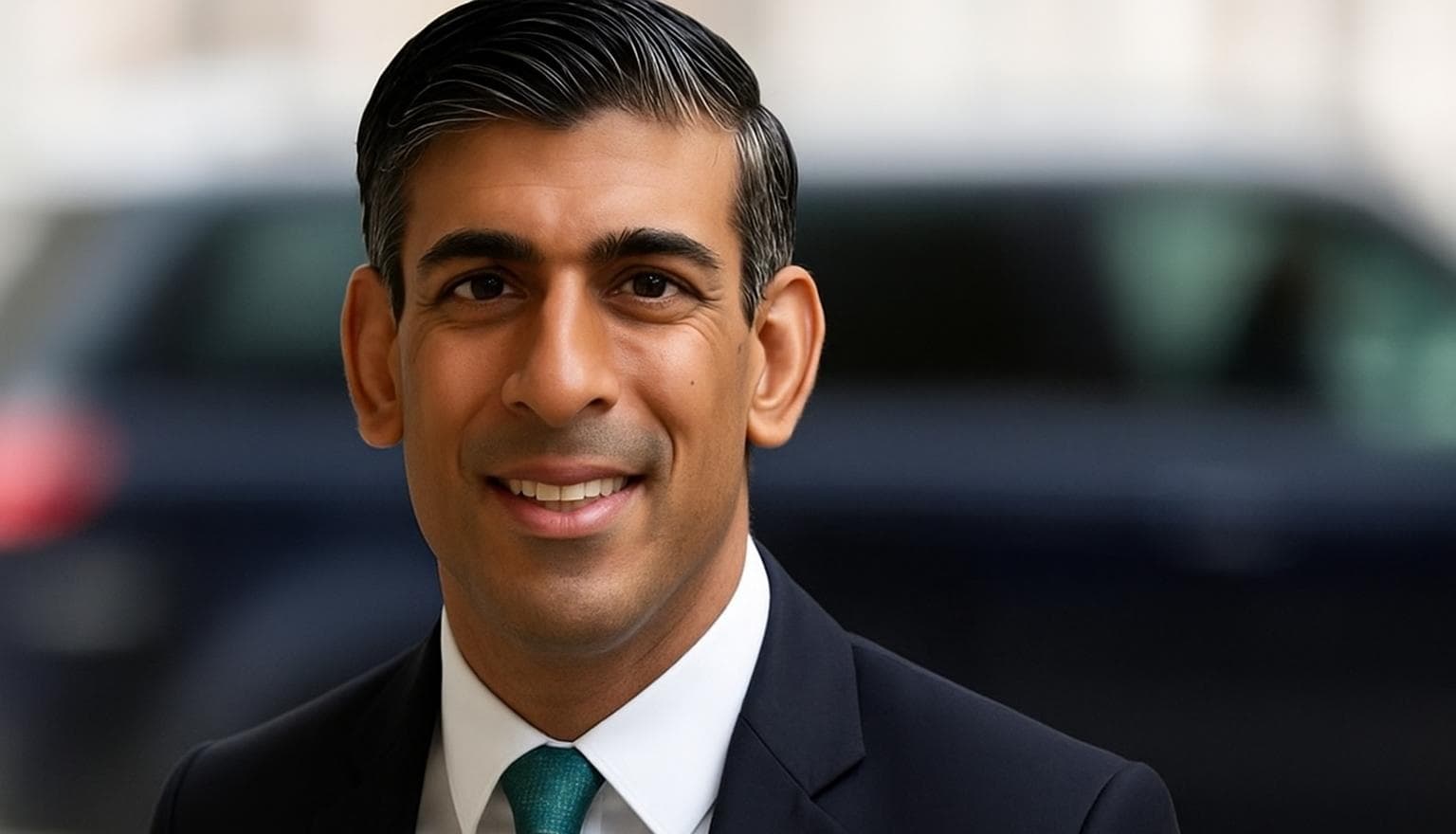Goldman Sachs and BNY Mellon Pioneer Tokenization in the $7.1 Trillion Money Market Industry
In a groundbreaking collaboration, Goldman Sachs and the Bank of New York Mellon (BNY Mellon) have unveiled a pioneering platform enabling institutional investors to purchase tokenized money market funds. This move, confirmed by CNBC sources, could reshape how $7.1 trillion in money market assets are traded and managed.
Transforming Traditional Markets Through Blockchain Technology
BNY Mellon, the world's largest custody bank, now offers its clients an unprecedented chance to invest in money market funds whose ownership is recorded on Goldman Sachs’ proprietary blockchain network. This integration signifies a crucial step toward digitizing a sector historically viewed as slow and manually intensive.
Notably, major players in the fund management space, including BlackRock, Fidelity Investments, Federated Hermes, as well as the asset management divisions of Goldman Sachs and BNY Mellon, have already committed to the new platform, signaling robust industry interest.
Why Tokenizing Money Market Funds Matters
The innovation arrives amidst a broader regulatory backdrop encouraging digital assets. Last week, President Biden signed the GENIUS Act, a landmark law enhancing the regulatory framework for U.S.-based stablecoins. While stablecoins — digital currencies pegged to the U.S. dollar — have gained traction for payments and remittances, tokenized money market funds add an extra layer of appeal: they pay investors a yield.
This yield-generating characteristic makes tokenized funds particularly attractive to hedge funds, pension funds, and corporations looking to efficiently park cash with minimal risk. Unlike traditional money market funds that require transactions during market hours and can take up to two days to settle, tokenized shares promise real-time, frictionless trading.
Expert Perspectives: Unlocking Efficiency and Liquidity
Dan McDermott, Goldman Sachs’ global head of digital assets, emphasizes the transformative potential: "The sheer scale of this market offers a huge opportunity to create significant efficiencies across the financial plumbing. We're enabling utility in an instrument where it didn't exist before." On the other side, Andrew Baer, BNY Mellon’s global head of liquidity, concludes, "Tokenizing money market funds removes many traditional frictions, allowing our clients to transact more seamlessly than ever before."
Potential Implications for the Financial Ecosystem
Money market funds typically invest in ultra-safe, short-term securities such as U.S. Treasuries, repos, and commercial paper — making them essentially cash equivalents that still earn interest. By tokenizing these assets, the funds can gain new functionalities:
- 24/7 Real-Time Trading: Investors can buy and sell shares anytime, unlike current market-hour limitations.
- Transferability Without Liquidation: Digital shares may be transferrable between financial intermediaries without the need to convert them into cash first, a process that can save time and reduce operational risks.
- Collateral Optimization: The tokenized assets could be used more efficiently as collateral in a variety of financial transactions, easing margin requirements and liquidity stress.
This paradigm shift hints at a future where corporations and institutional investors rely on a digital ecosystem: stablecoins for instantaneous, global payment settlements and tokenized money market funds for smart cash management.
Broader Economic Context and Emerging Questions
The initiative aligns perfectly with the Federal Reserve’s recent interest rate hikes since 2022, which have spurred substantial inflows into money market funds as investors seek safe, yield-bearing assets amidst market volatility.
However, as this technology advances, regulators and market participants will need to address key concerns:
- How will existing regulatory frameworks adapt to the tokenization of traditionally regulated fund structures?
- What cybersecurity measures are in place to protect token holders’ assets on blockchain platforms?
- Will tokenized funds truly democratize access, or will the benefits primarily enhance institutional liquidity?
Answering these questions will determine whether this innovation becomes a new industry standard or remains a niche offering.
Editor’s Note: A New Frontier in Institutional Cash Management
This alliance between Goldman Sachs and BNY Mellon heralds a significant evolution in the financial landscape, blending traditional asset safety with cutting-edge blockchain efficiency. As digital finance matures, the tokenization of money market funds could bridge the gap between conventional investing and the digital future, offering institutional investors enhanced liquidity, operational speed, and utility.
For policy makers, investors, and financial intermediaries alike, this development underscores the urgency of striking a balance between innovation and regulation. The coming months will be crucial in evaluating whether tokenized funds can deliver on their promise of reimagining cash management in a digital age.


